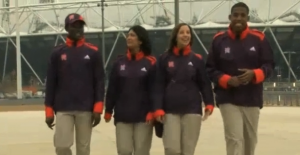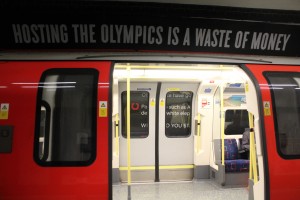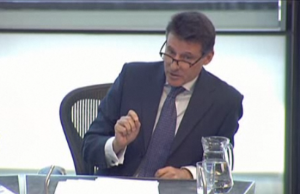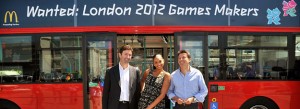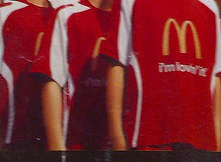London local campaign group, NoGOE (No to Greenwich Olympic Equestrian Events), has addressed a Freedom of Information Act request to Greenwich Council with a regard to tree 1253 in Greenwich Park.
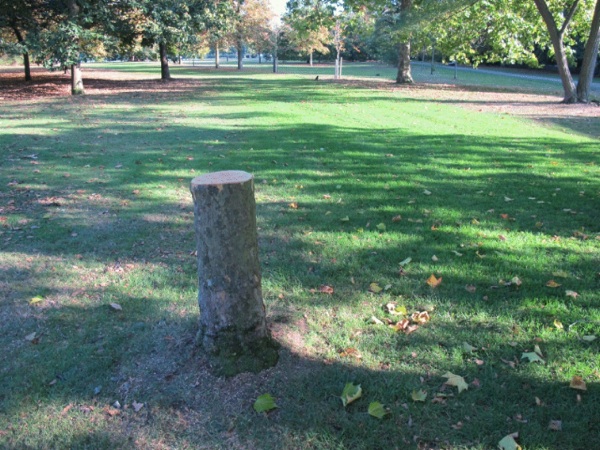
Tree 1253 Not chopped down- just pruned
NoGOE discovered that in spite of London 2012 Organizing Committee (LOCOG) promises being made on not cutting down the trees and returning the park to its current condition after the Games are to be broken. Now, they seek to find out “how and why and by whom, and on whose authority, tree 1253 has been cut down.”
Residents fear Greenwich Park, being the oldest Royal Park, as well as listed Grade 1 UNESCO World Heritage Site, will be “wrecked” after the Olympic Games. This is due to 72 trees planned to be further “pruned” to allow a 11-foot clearance for horses, in addition to other serious damage to the plants in the park.
Initially, the LOCOG planning application for Greenwich Park did not included the tree survey, but NoGOE managed to obtain a tree schedule under FOI from Greenwich Council. It clearly shows a handful of trees located alongside the proposed route of the cross-country course, and these are 1254, 1256 and 279. Some of them are ancient and veterans, as NoGOE points out.
The planning application also shows information about the grassland being re-opened as late as in November 2015, which enhances the conflict between NoGOE and LOCOG even more.
NoGOE members, and among them the FOI request issuer Rachel Mawhood, believe the Olympic Equestrian events in 2012 should not be held at Greenwich Park, as it is not a suitable site for this mega event.
Will Connell, Performance Director of the British Equestrian Team, said: “LOCOG has no intention of cutting down trees or closing the park for a year, and I think that local residents should be proud that such an exciting Olympic sport will be on their doorstep in 2012.”
LOCOG in its planning application for the venue announced:
The entire park will only be closed for a four week period from 6th July to 3rd August in 2012;
The children’s playground and the majority of the flower garden within the park will remain open throughout this four week period with the exception of cross country day;
There are no planned residential road closures, and no trees will be cut down;
After the Games, the park will be returned to the condition in which it was received.
NoGOE fear they cannot trust LOCOG, as one tree has already been cut down with no prior warning.
Click London Olympics for more blogs
See our Olympics project pages for more information and videos.
Or visit PlanA our general blog on urbanism, planning and architecture.
Spectacle homepage
Befriend Spectacle.Docs on Facebook
Follow SpectacleMedia on Twitter

